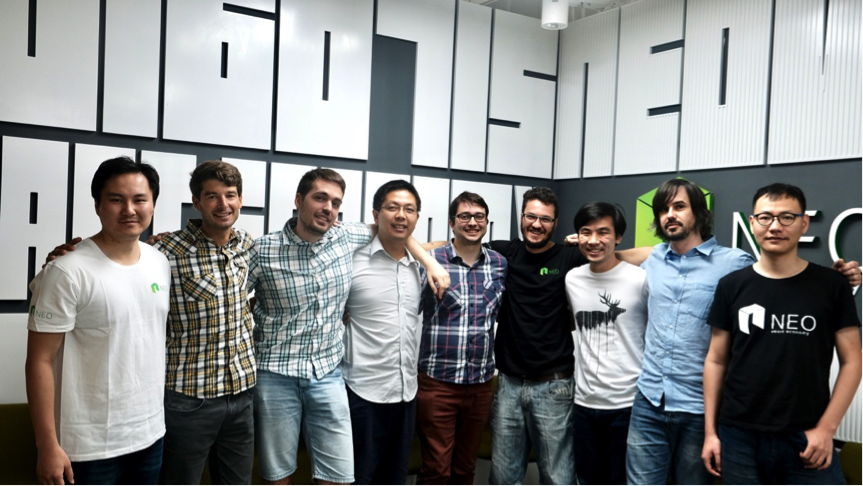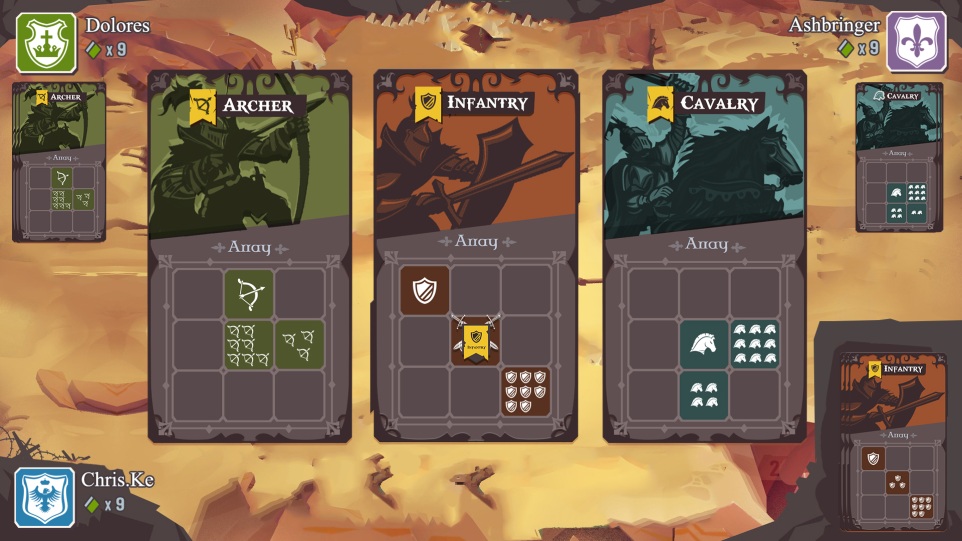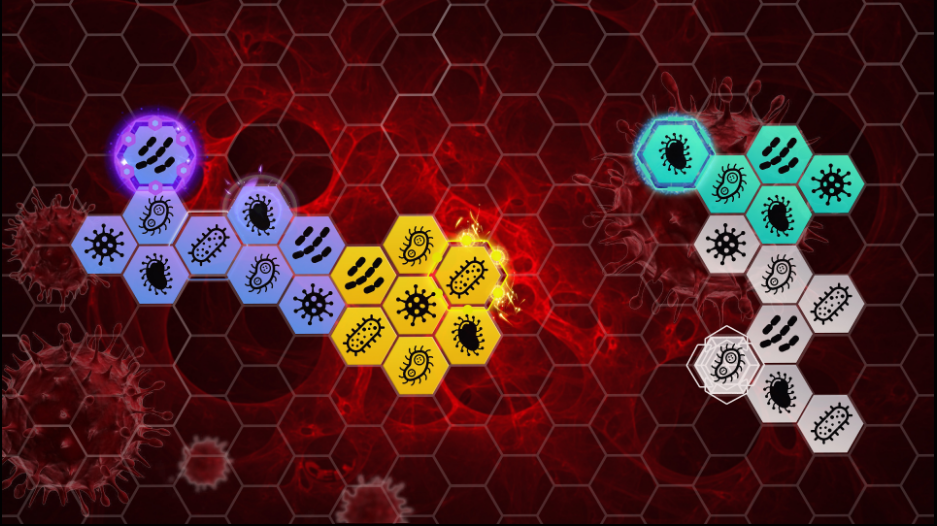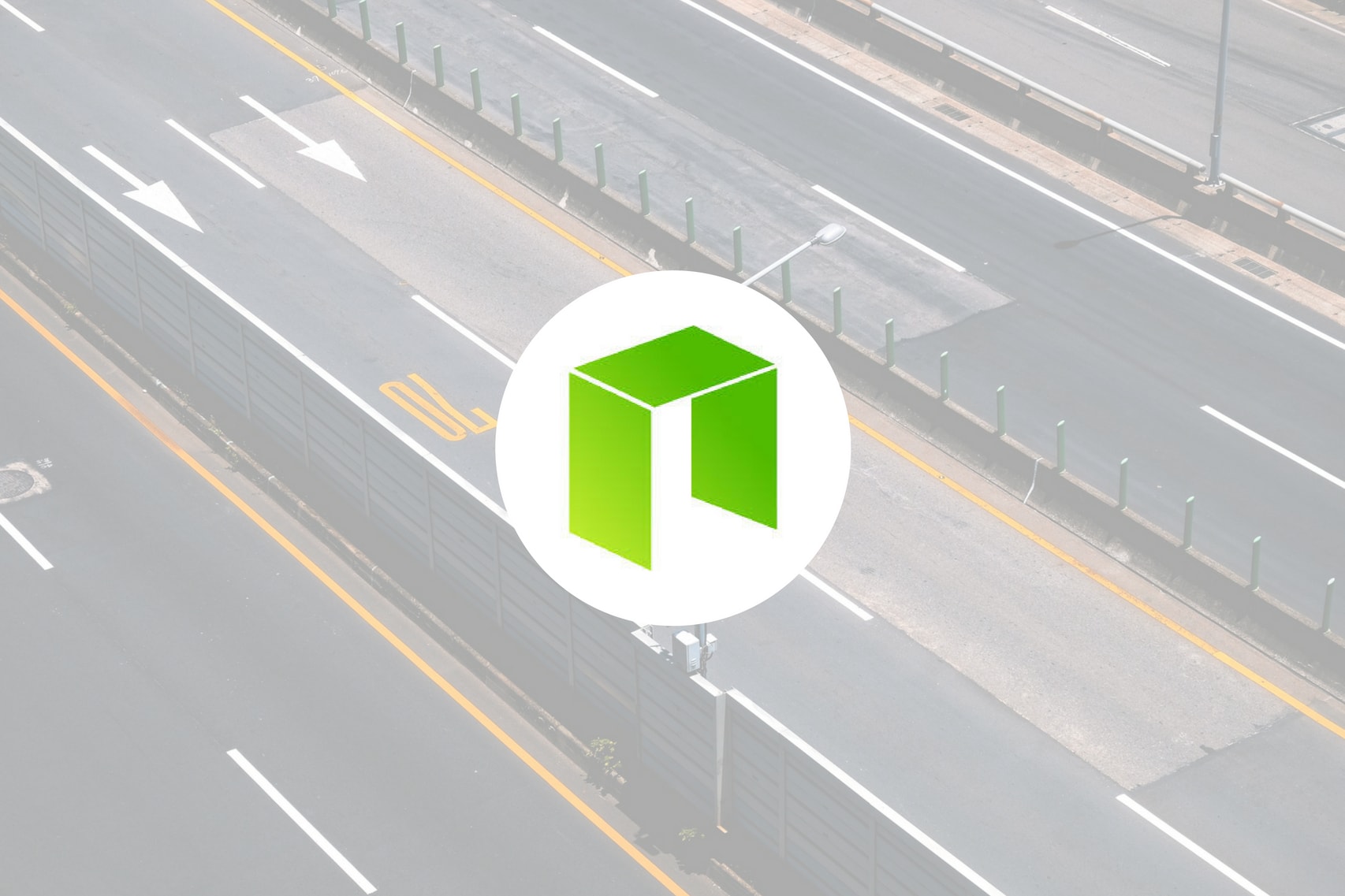Blockchain platform NEO, which many believe will rise to claim a seat along with Bitcoin and Ethereum as cryptocurrency’s Holy Trinity, has released their Global Development Report for July 2018. Here we recap the latest updates on “China’s Ethereum.”
As a primer, check out our article What is NEO, and get up to speed with our previous news update on NEO.
Decentralization
City of Zion (CoZ), a global, independent group consisting of open-source developers, designers, and translators that form NEO’s largest development community, was voted in as a consensus node on NEO’s mainnet upon completion of a development challenge to create a monitor page for NEO’s consensus nodes.
As noted by the NEO team, this is a small but important technical milestone towards decentralization, and although the community’s inherent ties to NEO doesn’t eradicate concerns over the tardiness with which decentralization is taking place (see our summary of NEO’s most recent AMA for CEO Da Hongfei’s response to concerns), it’s an important initial contribution.
With Fenbushi Capital, a top 5 blockchain VC firm sporting Vitalik Buterin as advisor, and Dutch telecommunications company KPN both running consensus nodes on the testnet, their shift to mainnet will further expand NEO’s decentralization, an important NEO goal Invest in Blockchain has reported on before.
Amidst company-related FUD running rife, mostly due to poor communication, the NEO team also clarified that the NEO Foundation (NF) does not possess the amount of voting power that has been portrayed by the media, stating:
[the] number of consensus nodes are calculated from weighted average on mid-50% of votes. This mean that the top 25% and bottom 25% of outliers do not count when deciding total number of consensus nodes. The NEO in circulation will already have an impact on voting outcome, although NEO Foundation will continue to vote in a manner that represent our view on responsible decentralization from both technical and political perspective.
NEO 3.0
As was highlighted by NEO’s August 2018 AMA, there are concerns that the development of 3.0 could impact the overall development of NEO. These fears, however, were allayed by Hongfei and CTO Erik Zhang. During July, Zhang, who is NEO’s core developer, published a blog post expounding NEO’s vision for NEO 3.0, which is to be an entirely new version of NEO built for enterprise-scale implementation.
He provided details on its benefits and improvements, including:
- Increasing TPS
- Fixing bugs
- The possibility of adjusting the protocol’s economic model
- An adjustment to the system pricing model
- Support for cross-platform smart contracts
- Implementation of a feature manifest and permission system
- Introduction of native contracts, smart contracts that are built directly into the blockchain code
- Addition of callback APIs (as well as a number of other APIs that might be added)
- Fully decoupled contract invocations
- Support for global variables in NeoVM
With the dev lifecycle being an estimated 1-2 years, the NEO team reminds its community that this is an important step towards achieving NEO’s 2020 goal of being the world’s #1 blockchain (a topic that was also addressed during the NEO AMA).
Zhang said of 3.0 during an interview:
I think serving large-scale business and applications is going to be an important trend. If the blockchain ecosystem does not go in this direction, those entities will struggle to use the platform. It’s like building blocks. The applications that didn’t work or are a little rough don’t make much sense on blockchain because they have no way of serving the real economy. The blockchain itself must become able to serve large-scale applications. After reaching that technical level, that’s when the blockchain has a real way to land.
neo-sharp
neo-sharp, a new modular node implementation, enables less coupling and higher cohesion than the mainnet version. The node, developed by CoZ, was presented to the NEO team by visiting CoZ developers, and promises to allow for:
- Easier distribution of work
- Better test coverage
- Easier debug and optimizations
- Faster innovation on independent modules
NEO Global Development’s R&D team joined in on development during CoZ’s 2-week visit, and there are plans to schedule regular collaboration efforts in conjunction with other community projects.

NEO Game

The NEO Game Competition was launched on May 1, 2018, and registrations close on August 15, when judging will commence. An offline awards ceremony will be held at the end of August 2018 to determine the winners of a blockchain-related game that is NEO chain-related. Over and above a grand prize of ¥3,500,000, NEO offers a number of additional cash prizes. The purpose of the competition is to further understanding of the NEO chain amongst game dev, and to allow devs to familiarize themselves with the NEO dev process.
The NEO team reports that a further 200 teams signed up in July, adding that a total of 13 teams received Nominee Awards during the course of the month.
These include:
- Carry Battle
- Japanese Mahjong
- Star Love Elimination
- Sky of Mine
- BlockLords
- AnnoArk
- Warrior Defence 2
- Grim Context
- CardMaker
- Interstellar Crossing
- Magical Girl at Lans Academy
- Love on NEO for couples, which will permanently record information on NEO’s blockchain
- Devourer

Strategic Cooperation with Certik
US-based Certik provides formal verifications for blockchain ecosystems and smart contracts. NEO has entered into a strategic partnership with them for the purpose of enhancing platform security.
In explaining the rationale behind the venture, NEO elucidated:
When a logical language is used to describe a specification, Certik applies a rigorous mathematical deduction to check whether a given system code meets the requirements. This formal verification framework mathematically proves that smart contracts and blockchain ecosystems are bug-free and hacker-resistant. Currently, most of the smart contracts and dApps on the NEO platform are developed by individuals. In this development system, formal verification is crucial to rule out potential loopholes.
Zhao Chen, NGD General Manager, added:
NEO is a high-speed autonomous public chain. With more developers building layers on top of it, this added security layer will expedite the prosperity of the ecosystem.
Development
A score of new dev updates have been made, which can be studied in the July monthly report, including a plugin load error bug, improving testing standards and the testing process, and technical support for NEO wallets, dApps, and exchanges.
Events
NEO’s participation at events remained largely China-based during July, with workshops in Beijing and Osaka, Japan, keynote speeches by Hongfei at the 2018 China Internet Conference in Beijing and the 2018 Blockchain Innovation Conference in Chongqing, and an appearance at Shanghai Makers 2018.
Together with the fact that most of the NEO Game nominees are Chinese (suggestive of the fact that most of the entrants are Chinese), it’s understandable that the NEO community is concerned that NEO doesn’t place a higher focus on marketing efforts outside of China (this matter is addressed in the NEO AMA).
Conclusion
NEO is aware of the community’s recent waning faith due to unquelled FUD, and have acknowledged that they need to step up marketing and communication efforts.
The report concludes:
We at NGD have seen that the community sentiment has been decreasing during the last few weeks. There are a lot of questions and rumors spreading around.
While we’re keen to see a more aggressive global marketing strategy, it’s good to see NEO extend its reach, both in terms of decentralized nodes and the onboarding of game devs via the NEO Game. However, to reach their 2020 goal, a lot more will need to be done. Onward and upward.
Join NEO’s subreddit, follow them on Twitter, and visit their website.
Related: 5 NEO Projects to Get Excited About

